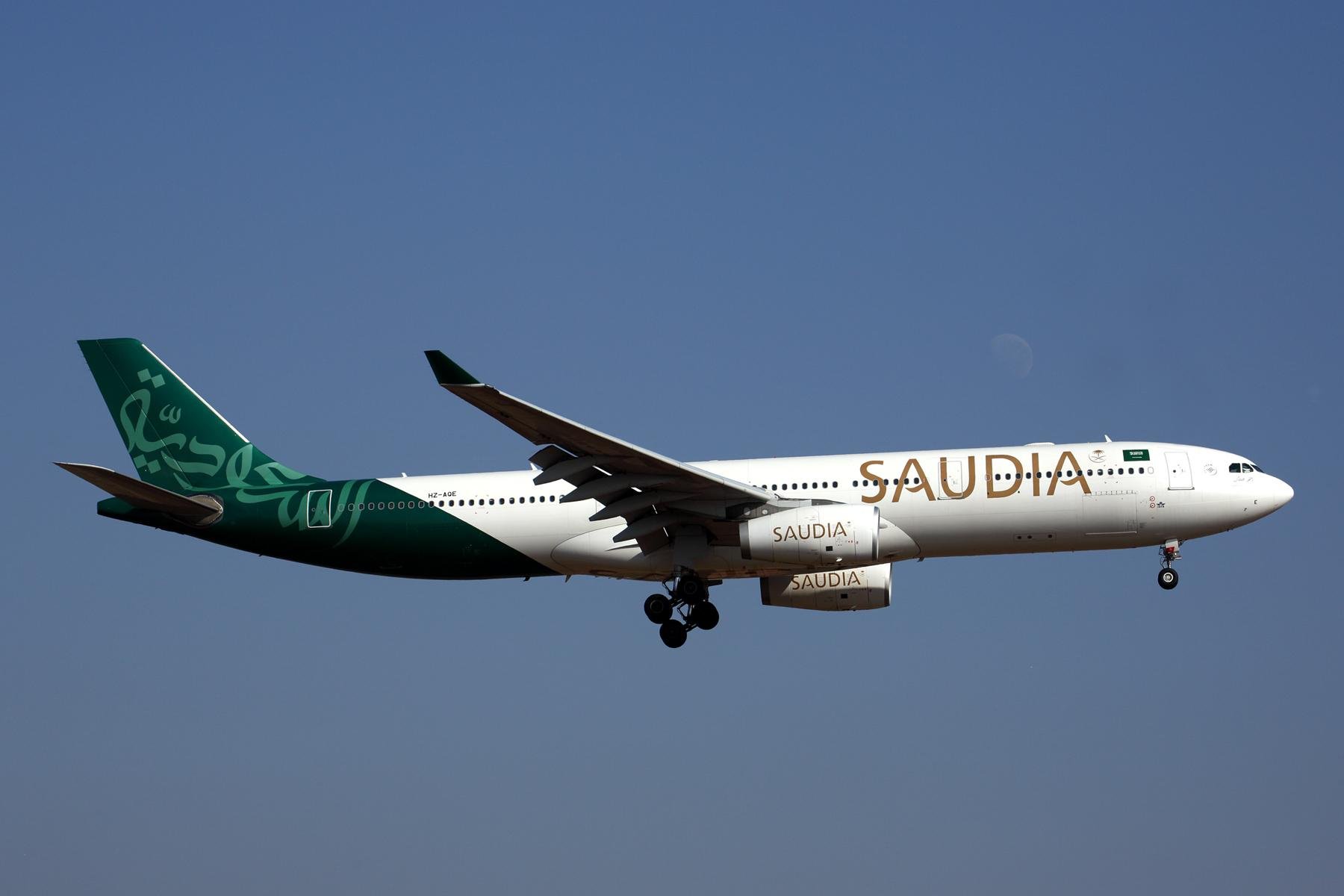
IATA has called on the governments of Saudi Arabia and Jordan to step in with financial support measures for their aviation sectors as they struggle to cope with the COVID-19 crisis.
The industry body estimates airline revenues in the Saudi market will fall by $7.2 billion in 2020, 35% below 2019 levels, placing at risk nearly 287,500 Saudi jobs and $17.9 billion of the nation’s GDP generated by aviation directly and by aviation-related tourism.
Aviation in Saudi Arabia has expanded significantly in recent years through a liberalization of the sector that has seen several new carriers enter the domestic marketplace, while national carrier Saudia has been growing rapidly internationally.
IATA noted that the Saudi government has introduced broad financial support worth more than $32 billion for the private sector and has provided specific support for air transport by suspending airport slot use rules for the summer season. Licenses and certifications for crew, trainers and examiners have been extended.
However, IATA said, the government should go further.
“Given the industry’s role in social and economic development, as well as achieving the Kingdom’s Vision 2030, it is important the government prioritizes aviation and provides urgent financial relief,” IATA regional VP for Africa and the Middle East Muhammad Albakri said. “Before the crisis, Saudi Arabia was moving at full speed and achieving tangible results in modernization, infrastructure development and economic growth. Fully supporting aviation now means a stronger recovery for the Kingdom. Without a viable air transport sector, we can expect a slow and painful economic recovery.”
In the smaller and more fragile Jordanian market, IATA estimates that airline revenues will fall by $700 million (52%) compared to 2019, threatening nearly 34,400 Jordanian jobs and $1.1 billion of the country’s GDP. In total, said IATA, 5.7% of the country’s GDP is sustained by the air transport sector and foreign tourists arriving by air.
“Jordan’s leaders have always understood the importance of having a sustainable aviation sector,” Albakri commented. “They have prioritized policies that have encouraged the development of air connectivity that supports travel and tourism. But the COVID-19 crisis is putting that positive progress at risk. The consequences for the Jordanian economy are severe. Urgent financial support from the government is needed now to keep the sector alive.”
In both Jordan and Saudi Arabia, that support could take the form of direct financial support to passenger and cargo carriers; financial relief on air traffic control charges and taxes; or the reduction, waiver or deferral of government-imposed taxes and fees
Meanwhile, The Arab Air Carriers’ Organization (AACO), which represents more than 30 airlines in the region, has proposed a plan to ensure that health measures designed to get passengers back into the air are “risk-based and globally harmonized.”
“Until a COVID-19 vaccine becomes available, restarting commercial international air transport and restoring commercial air links between countries will require the formulation and implementation of health measures for the traveling public,” the organization said May 15.
AACO has proposed a roadmap to ease the return to service, based on the ICAO Council Aviation Restart Task Force (CART) conducting a global risk assessment of countries according to clear assessment criteria, followed by categorization of countries according to several levels of risk exposure.
CART should formulate health measures to be implemented commensurate with an individual country’s risk level, said AACO. That assessment should be continuously reviewed by CART based on developments in each country.
CART should also advise states on best practice to enable them to improve their risk levels.
In parallel, AACO is working with the Arab Civil Aviation Organization and the Arab Tourism Organization to raise awareness on the impact of the pandemic on travel and tourism, and to formulate a common vision to restart the air transport and tourism sectors in the Arab world.





